The content of the article
The period of childbearing and its further feeding with breast milk is quite a difficult time for the woman’s body: a lot of nutrients are washed out, a feeling of fatigue appears, which is later reinforced by stable insomnia, hormonal explosions, resulting in depression. As a result, all these factors are striking at the already disarmed immunity. A cold infection, however, has not been canceled. And as soon as the off-season comes, they are actively attacking a weakened body. A runny nose, cough, fever and other misfortunes completely capture a woman and try to knock her off her feet, but you cannot be ill - she is responsible not only for herself, but also for the defenseless screaming crumb. Urgently first-aid kit is being moved, and the first saving thought,with respect to reducing the rising temperature, which most often comes to mind - treatment with old friends of proven aspirin. Is it possible to take it when breastfeeding?
Aspirin: a general pharmacological description
Aspirin or acetylsalicylic acid is a non-steroid group of anti-inflammatory drugs. Its main effect is the combined simultaneous analgesic and anti-inflammatory effects on the body during the active phase of a cold.
In addition to stopping the increasing temperature, aspirin has a blood-reducing effect - it prevents adhesion of erythrocytes into thrombogen-forming masses, enters into a chemical reaction with lipid groups and breaks down cholesterol deposits on the walls of blood vessels.
Indications
Aspirin will be shown under the following conditions:
- As a thrombiating agent.
- As a complex antipyretic and anti-inflammatory agent.
- For the treatment of joints, especially with their rheumatic lesions.
- When migraines scattered localization.
Contraindications
- Diseases of the digestive tract, especially ulcerative lesions and gastritis with increased acidity of gastric juice.
- Allergic intolerance to salicylic acid and other components of aspirin.
- Urolithiasis with concrements of acidic origin (oxalic type).
- In diseases of the pancreas in the acute stage, aspirin is prohibited.
- With caution taken medication for anemia, as it reduces the absorption of iron by the body.
Can I use aspirin for a nursing mother?
Each nursing mother is primarily concerned with the condition of her baby and often neglects her own health. However, at the moment of a cold, this quality plays into her hands, since choosing a medicine not only evaluates its effectiveness for the mother, but also weighs the potential benefit-harm ratios for the baby.
When choosing medicines, young mothers often prefer the old proven methods by which their mothers treated them in childhood.This is due to many reasons:
- Harmful to the child specified in the annotation to the drug.
- The presence of chemical additives (stabilizers, sweeteners, thickeners and other substances) in modern antipyretic drugs.
- The stories of girlfriends, often invented to emphasize their own superiority in certain knowledge.
- Calls on the Internet, often written by amateurs.
Focusing on these factors, the young mother thinks about taking aspirin, a proven, old and familiar friend. Is this decision correct?
Aspirin is an acid that easily reacts with any chemicals in the human body. It is able to easily penetrate both the placenta and breast milk, changing its usual qualities. And this may adversely affect the condition of the baby. What is fraught for crumbs:
- Allergic reactions of obvious nature (reddening of the cheeks, lethargy, rashes of both open type and primary localization in little exposed areas are typical for intolerance of salicylic acid) and latent in nature, manifested in the disorder of the gastrointestinal and convulsive syndrome.
- Aspirin changes the composition of blood, and, both mother and baby.In the latter, this may affect as noticeable violations on the part of the transfer of useful substances by blood (there is a risk of oxygen starvation of tissues and the development of anemia).
- Promotes calcium leaching from the body and, as a consequence - the development of rickets.
- In some cases, with prolonged use of acetylsalicylic acid preparations by the mother, hematomas on the skin may develop as a result of petechial hemorrhages resulting from changes in the blood composition.
In some cases, the systematic intake of aspirin in crumbs deeper violations in the work of internal organs:
- A marked decrease in the work of the organs of hearing - as a result of exposure to acid, the composition of the intra-ear fluids changes.
- Dystonia of intracranial pressure, moreover, this phenomenon may affect both a noticeable increase and a qualitatively decrease in performance.
- Become a cause of asthma attacks.
- Visibly reduce the immunity acquired by the baby from the mother and cause particularly dangerous viral infections, such as early varicella, rubella, and measles.Normally, the mother’s immunity to these types of the disease begins to decline by 4–5 years of age, when the child’s body is able to cope with the infection on its own. In the case of the occurrence of these diseases in a child whose age is less than 1 year, a number of complex disorders can develop, which later will turn out to be almost the leading factor in the onset of disability.
- The development of complex pathologies of internal organs: acetylsalicylic acid, by its detrimental effects on the baby’s blood, can cause significant delays in the development of internal organs, or completely disrupt their functioning.
The most frequent violations caused by an overdose of aspirin include:
- renal and hepatic failure;
- violations of the vascular structure;
- reduced quality of gastric juice.
In some cases, mental disorders are associated with the effect of altered intracranial pressure on the brain structure.
What to do if aspirin is accepted
As shown in the article, aspirin was much more dangerous than most modern drugs, because the lack of instructions does not mean that the drug is completely harmless.If, for some reason, the young mother nevertheless ignored this warning and took the pill, then:
- Breastfeeding should be abandoned for the next 3 or even 4 days. The calculation is carried out at the end of the reception of the last pill. It is during this period that aspirin is completely eliminated by the body, including through the outflow of milk.
- At this time, it is imperative that you sit as much as possible as possible.
- You should periodically try your own milk - in the presence of acetylsalicylic acid in it, its taste will give off with light sour or sour-bitter notes, depending on the concentration of the amount consumed.
- When you first feed you should monitor the reaction of the child, for this reason it should be done in the morning.
- After taking aspirin, you should drink as much liquid as possible so that the drug can be removed from the body as soon as possible, you should not consume large amounts of salt - it retains moisture and will prevent the drug from excreting.
For any form of cold before using each drug, it is important to take its reception with a pediatrician,for this very purpose, mother should always have his phone number at hand.
Video: what kind of medication is possible when breastfeeding

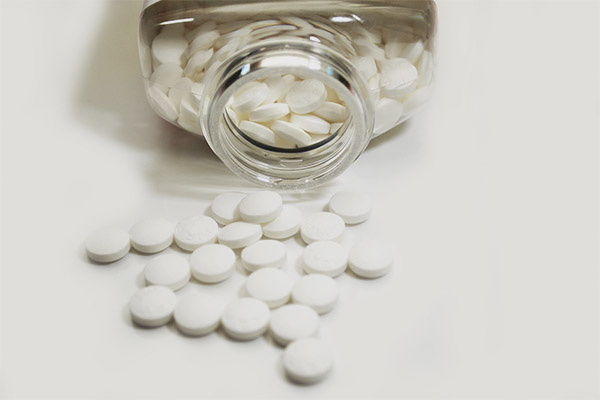
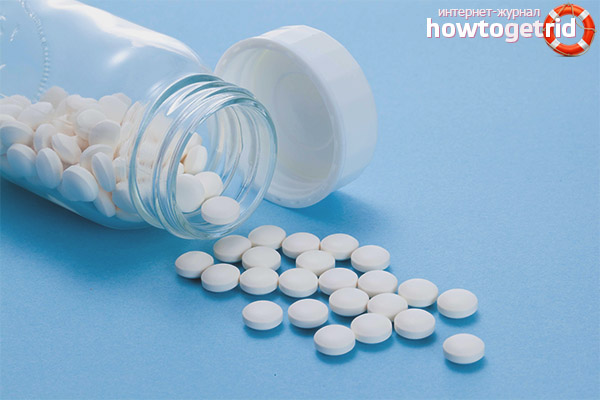
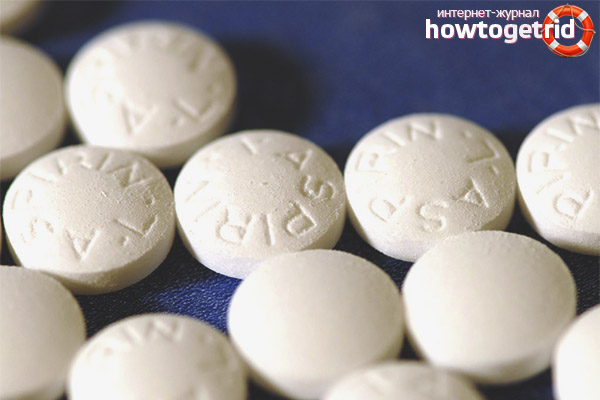

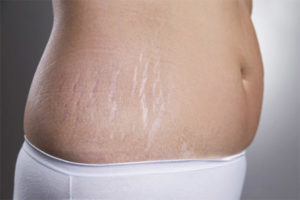




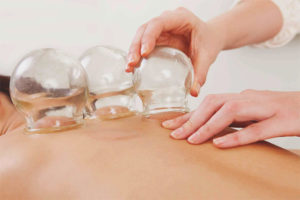


To send